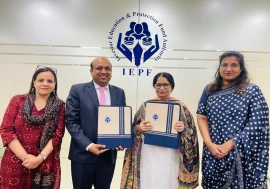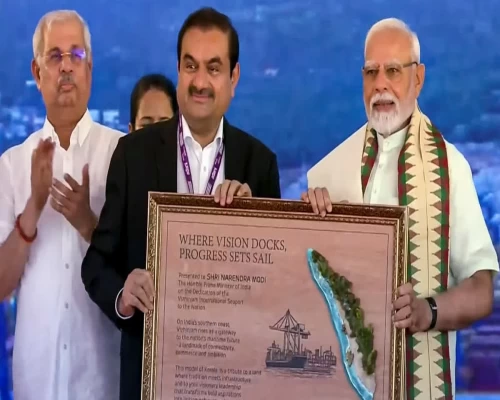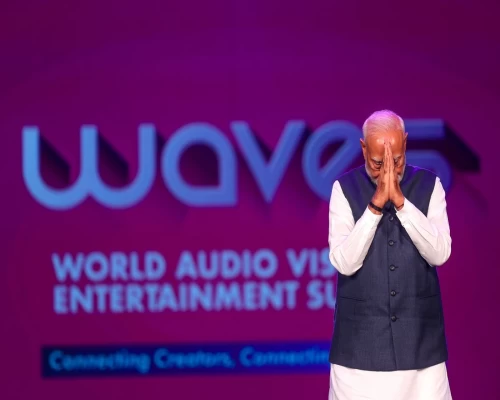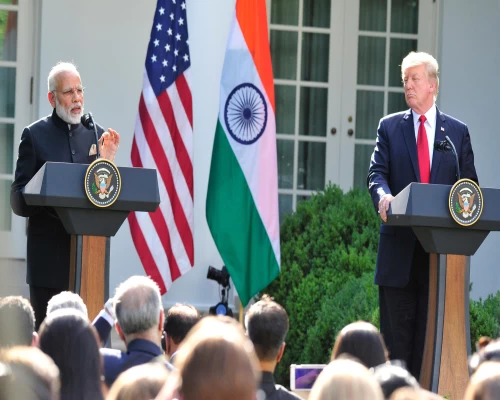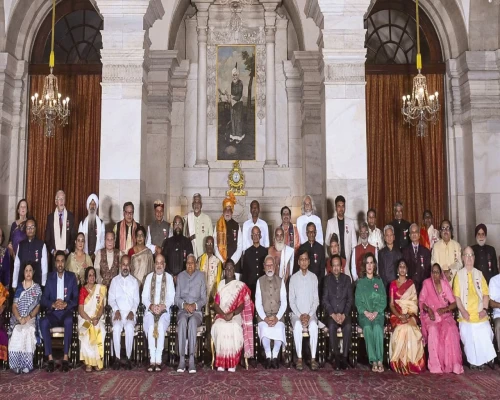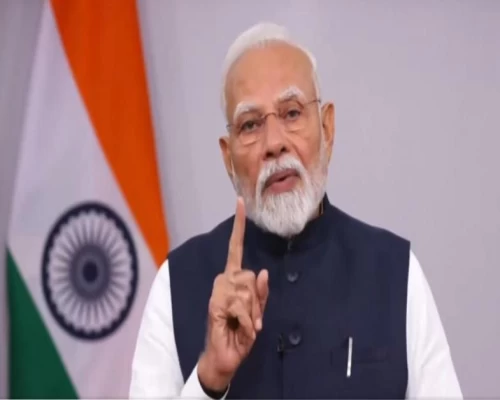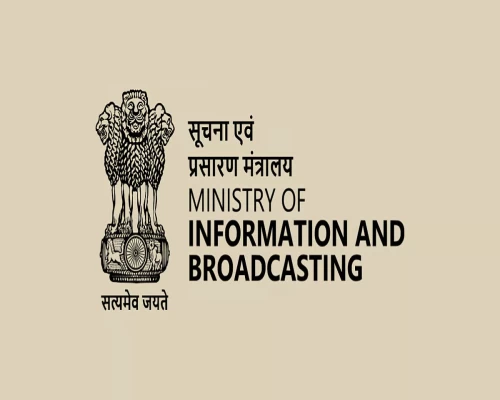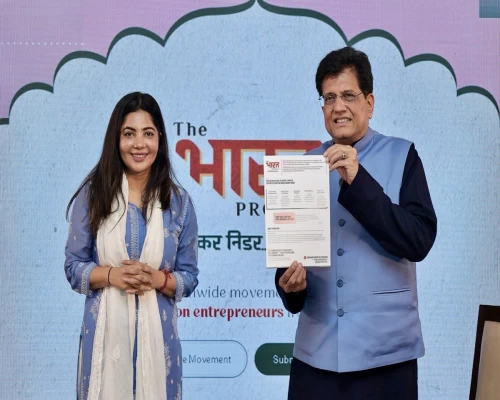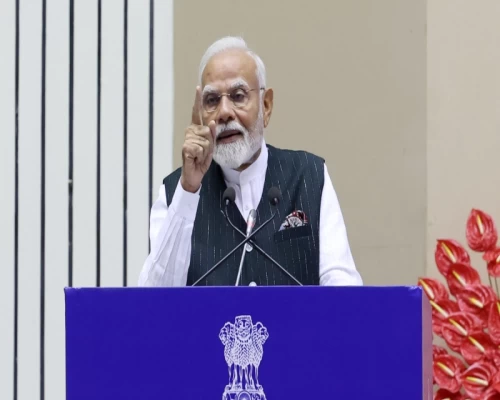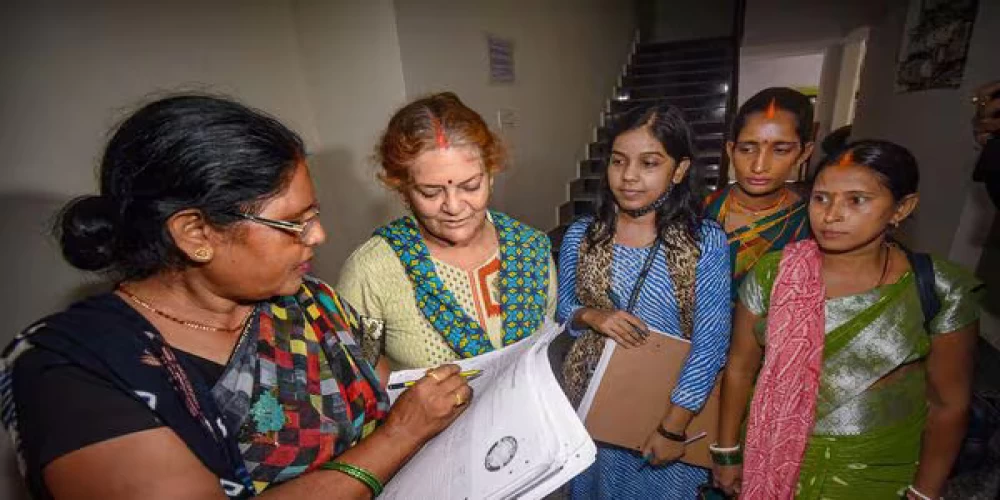
New Delhi: The Union Cabinet has approved a nationwide caste census, to be included in the upcoming population census. This marks India’s first caste count since 1931 and one of the largest data projects in its history, aiming to map the lives of 1.4 billion people.
The decision, announced by Union Minister Ashwini Vaishnaw, follows years of demands from various leaders. Vaishnaw said, "Census comes under the purview of the Centre, but some states have done caste enumeration in a non-transparent manner, which has created doubts in society. Considering all these facts and to ensure that the social fabric is not disturbed by politics, caste enumeration should be transparently included in the census instead of surveys." Congress leader Rahul Gandhi welcomed it, saying, "We want people's census, not bureaucrats' census. We have put enough pressure on the government to get the caste census done and we want a date by when it is done and we want to put pressure on the government to see that the 50 per cent cap is destroyed." He added, “The 50 per cent cap on reservations is becoming an impediment to the progress of our country and to the progress of Backward Castes, Dalits and Adivasis and we want this barrier to be eliminated.”
The caste census will collect data on education, jobs, income, and access to schools, healthcare, and government schemes for different castes. The 1931 census, done under British rule, shaped the 1980 Mandal Commission’s 27% OBC reservations, but it’s outdated. The 2011 Socio-Economic and Caste Census failed due to errors, with 46 lakh caste names causing confusion. Now, using mobile apps and online forms, the government plans to survey 300 million households with trained workers in 2026.
This data could improve lives. It may lead to better schools and jobs for underserved castes and fairer welfare schemes. The 2011 census showed 73% of rural households faced hardships, like no proper housing, with Scheduled Castes and Tribes hit hardest. New data could guide such policies. It might also help redraw election boundaries after 2026 for fairer representation. A 2023 survey found 79% of Indians support the census.
Challenges include varying caste names across states, which could mess up records, and privacy concerns over data leaks. The government promises strong security. Caste is sensitive, so care is needed to avoid tension. With the 2026 census nearing, India aims for an accurate count to build a fairer future.
BI Bureau


